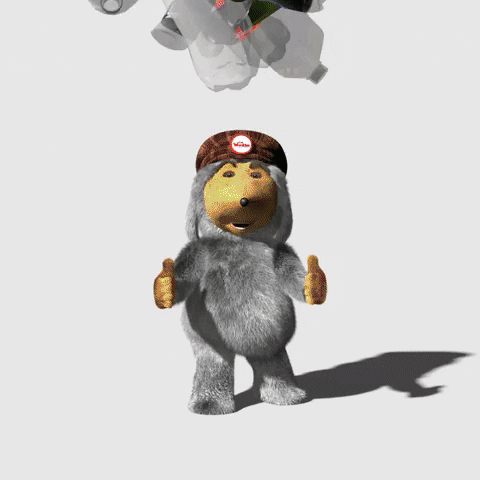
This logo isn't an ad or affiliate link. It's an organization that shares in our mission, and empowered the authors to share their insights in Byte form.
Rumie vets Bytes for compliance with our
Standards.
The organization is responsible for the completeness and reliability of the content.
Learn more
about how Rumie works with partners.
Reuse
Single-use plastic is convenient but only has an average useful life of 12 to 15 minutes. You can avoid it by looking for alternatives.
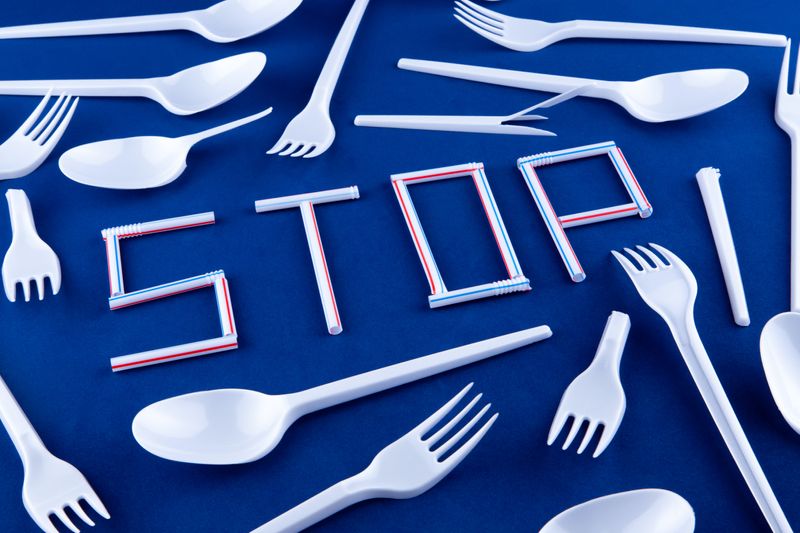 Photo by Volodymyr Hryshchenko on Unsplash
Photo by Volodymyr Hryshchenko on UnsplashInstead of single-use:
Plastic straws

Plastic bags
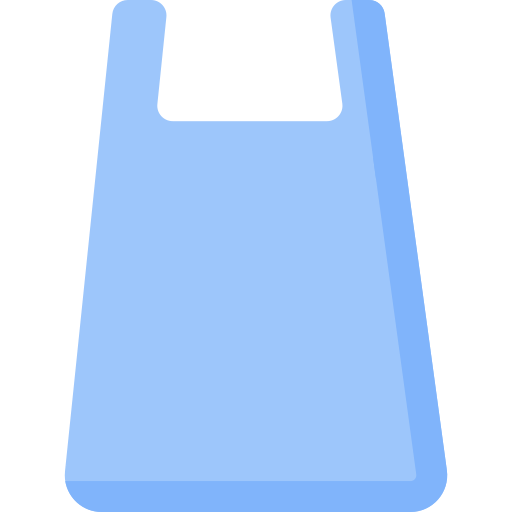
Plastic cutlery

Plastic plates

Plastic cups and bottles
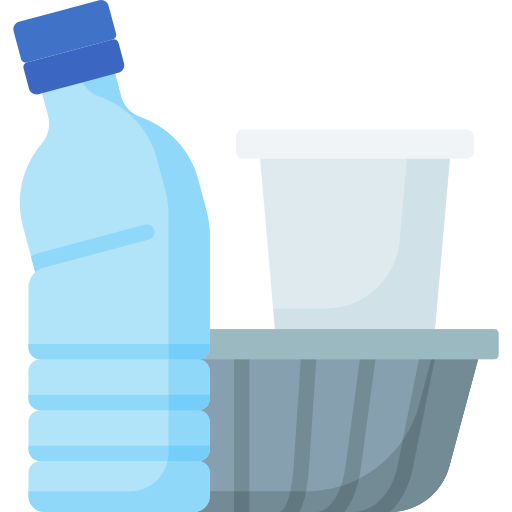
Use reusable:
Stainless steel, bamboo, pasta, or rice straws
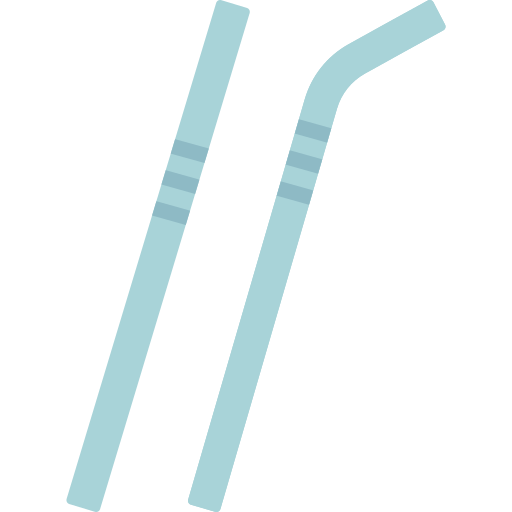
Cloth or other reusable material bags
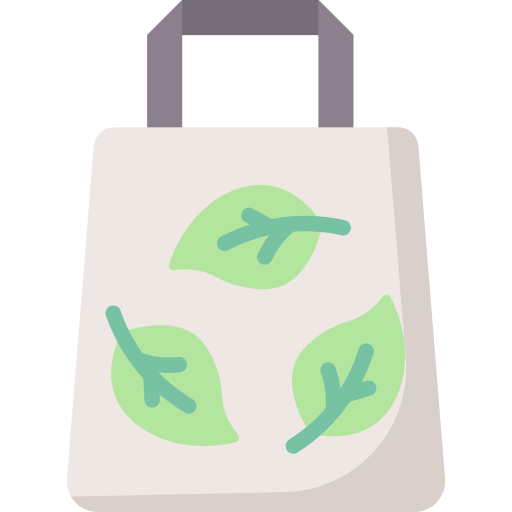
Bamboo or stainless steel cutlery

Glass, porcelain, palm leaf, or bamboo pulp plates

Cups, bottles, and mason jars
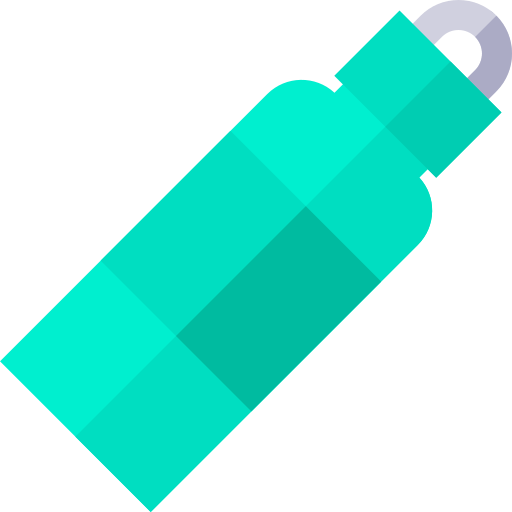
Did you know?
Reduce
Reduce the plastics you bring into your life.
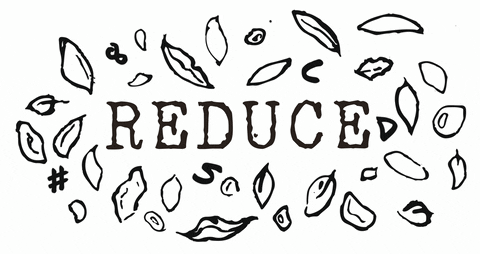
Buy more bulk food. You'll use fewer packaged products.
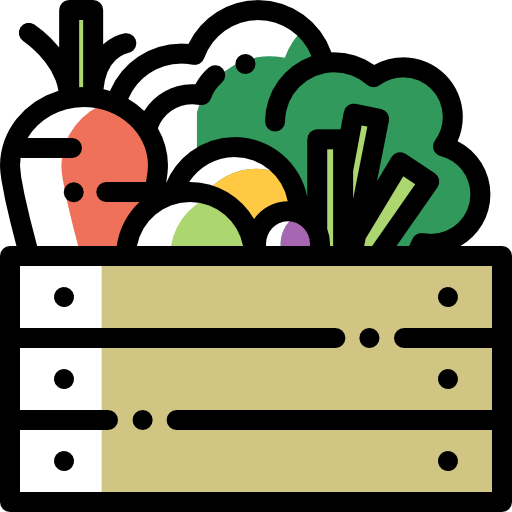
Avoid using cosmetics that use micro-plastics.

Buy boxes instead of bottles. Cardboard is easier to recycle than plastic.

Pack your lunch in reusable containers and bags. If possible, use glass containers.
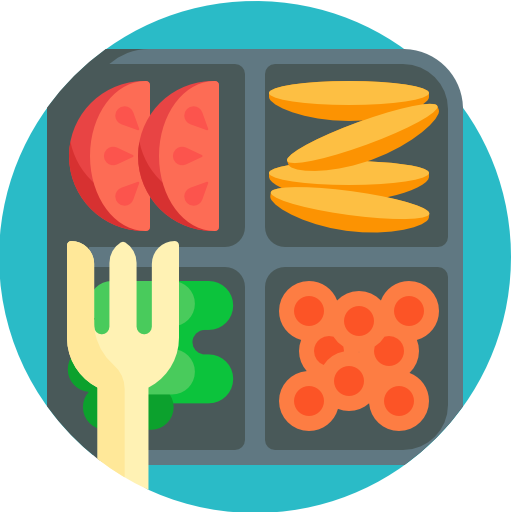
Make your own cleaning products, they'll be less toxic and eliminate the need for multiple plastic bottles of cleaner.
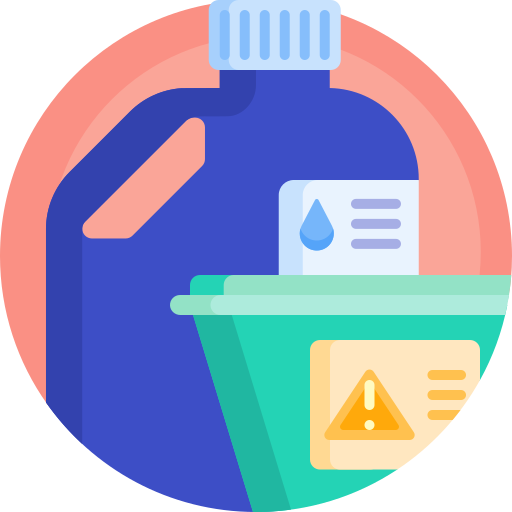
Recycle
So what goes in and what goes out?
Recycle clean and dry containers with the cap back on.
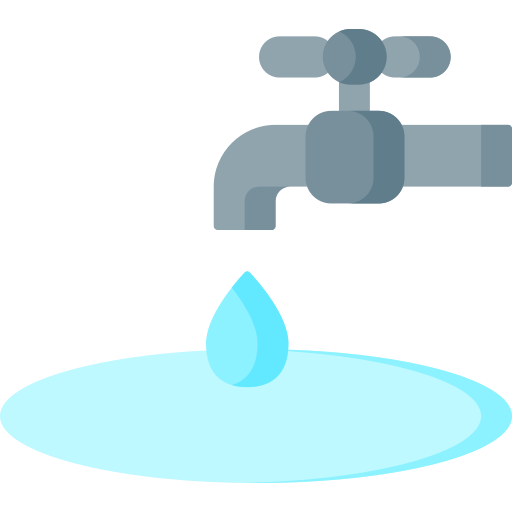
Plastic bags, wraps, and films aren't always accepted in your recycle bin.
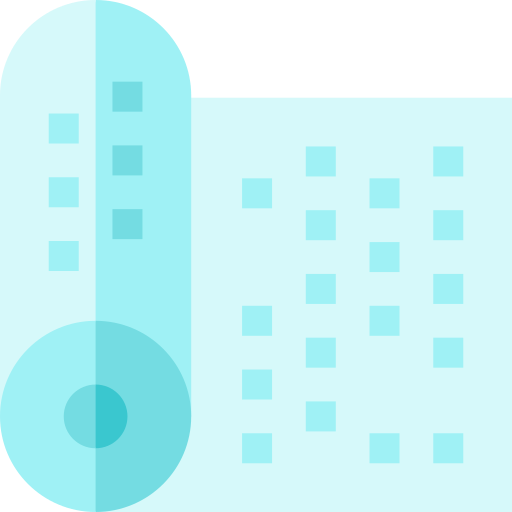
Don't recycle polystyrene foam, plastic "to-go" containers, and cups because they're made of non-recyclable materials.

Don't recycle containers that contain food leftovers.

Check local recycling programs for specific information about what items to recycle.

Quiz
Aman bought a plastic container to use as storage. She doesn't need it any more. What's the most sustainable way for her to deal with it?
By repurposing the container, Aman can apply the "reuse" technique to help reduce her plastic waste in the most sustainable way. Recycling it won't guarantee that it will actually be recycled. That type of container might also not be accepted by her local recycling program.
Take Action
You can start to reduce your plastic use today!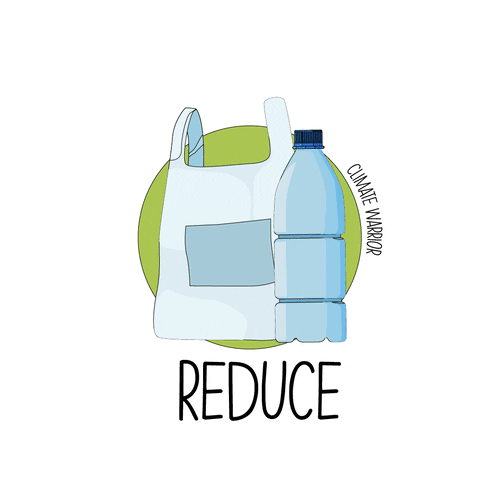
Look at the plastics in your home right now and identify:
This Byte has been authored by
Adriana Villegas Mayorga
Learning Designer
